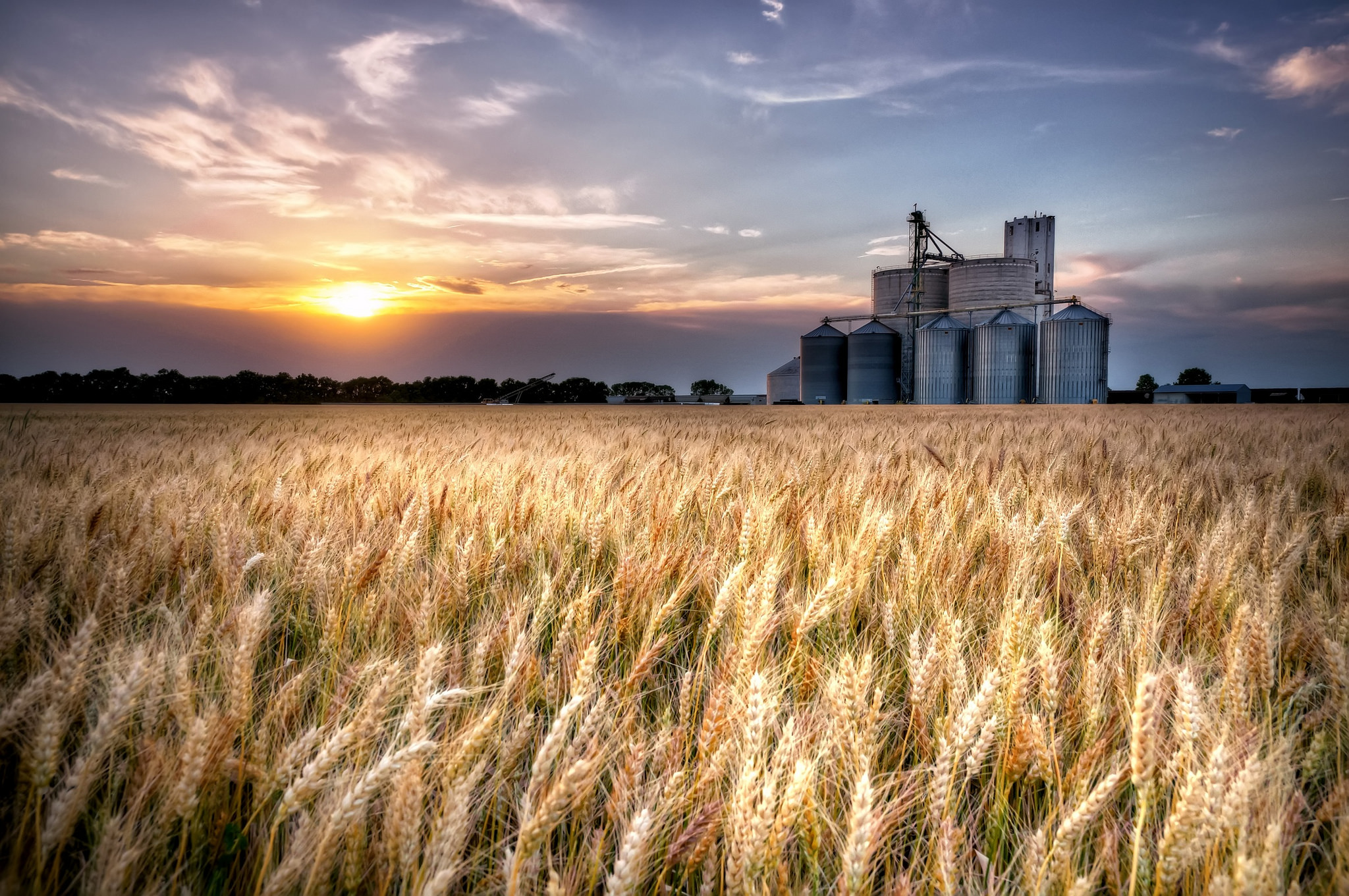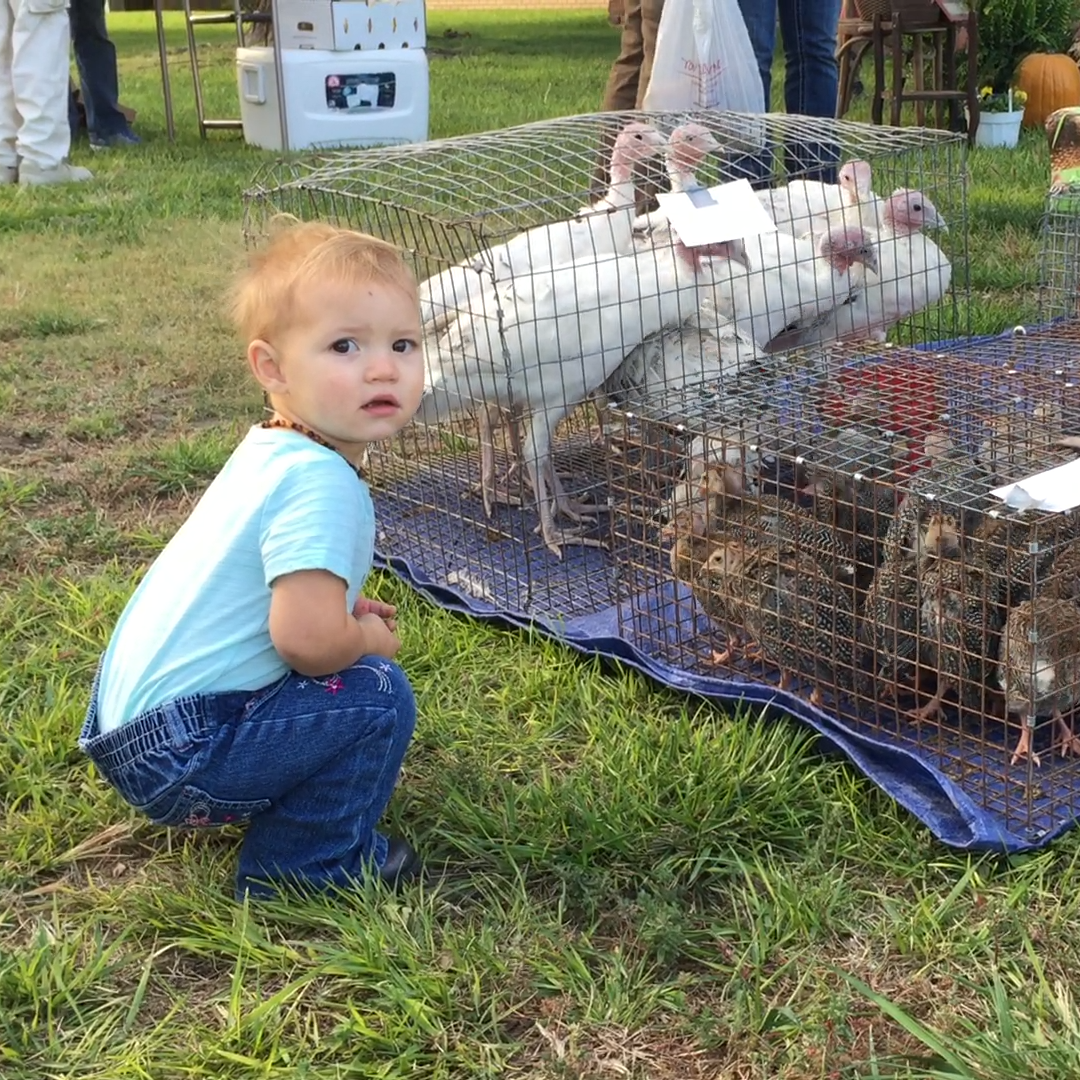How Rural America Is Rethinking Itself to Survive
Rural America is currently in a crisis that has been growing for several decades: a continuing and precipitous drop in population. At the beginning of the 20th century, rural areas held more than half the country’s entire population. But according to the 2010 census, that number has plummeted to just 19 percent. This drop is even more shocking when taking into account the fact that 97 percent of America’s land mass is rural. And when a population starts to shrink, economic prosperity tends to follow it out the door. Homes stop selling. Businesses shut down.
But as more people, especially young people, continue to migrate to cities and suburbs, some rural areas have developed creative solutions to reverse the trend.
A Unique Solution
 Flickr/Lane Pearman - flickr.com
Flickr/Lane Pearman - flickr.com
“If you move here, we will pay down your student debt,” said Christy Hopkins, community development director for Greeley County in Kansas. This plan, called the Rural Opportunity Zone program, incentivizes post-grads from big cities to move to their under-populated towns. One of the incentives? "You'll have the opportunity to earn student loan repayments of up to $15,000 over the course of five years," added Hopkins. Select counties across the state are already participating in the program.
“We noticed that homes were having a hard time selling,” Hopkins said, describing Greeley before the county joined the ROZ program in 2012. “People were leaving. We saw our school enrollment falling. Our population was shrinking.”
In fact, Greeley County was experiencing the state’s greatest population decline: as reported by community records, in less than 45 years, the county saw a population decrease of 30 percent. Hopkins claims this is largely due to young people moving to bigger cities after graduating high school. This decline put Greeley—and Tribune, its largest town—in a highly precarious situation.
The Benefits of Rural Living
 - attn.com
- attn.com
“We knew we needed young people in our community, and so we were looking for opportunities to bring them back,” said Hopkins. "Since beginning the ROZ program, Greeley’s population has increased by 55 people—25 of them being direct program participants benefiting from the student loan incentives."
One of these participants is Melissa Borthwick, a physician assistant, who moved away to a larger city to earn her degree but always wanted to return to her rural roots. The financial relief of the ROZ program has allowed her to do that. “[The student debt program] really has helped me to be able to afford the home that I live in now,” said Borthwick. “Coming back to a small town from the city has just been great. I’m a single girl who works a lot; in the winter, neighbors come by and scoop my drive, and if my dogs get out, someone always pens them back in.”
A County Changing Its Future
 Christy Hopkins - attn.com
Christy Hopkins - attn.com
In an era where student debt is at an all-time high, solutions to address the issue have proven popular. And the results for Greeley County have been extraordinary. As reported by the Greeley County Republican in August 2014, since they instituted the program, school enrollment has risen 25 percent. “We have seen our first population increase since the 1950s,” Hopkins reported. “We’re seeing tax base and business growth. We need these young people in our community to have a future. They bring jobs, energy and new ideas. Those are the things we need to see continue, and I have no doubt that we’ll continue pushing forward.”
On a state level, the Rural Opportunity Zone program has paid dividends. Earlier this year, the Kansas Department of Commerce disclosed that for every dollar Kansas spends on the student loan program, it sees a six dollar return of investment. More counties are attempting to duplicate this kind of success, and given that the majority of rural counties have declined in population this past decade, it is more relevant than ever. Rural communities deserve to not only survive, but thrive.


